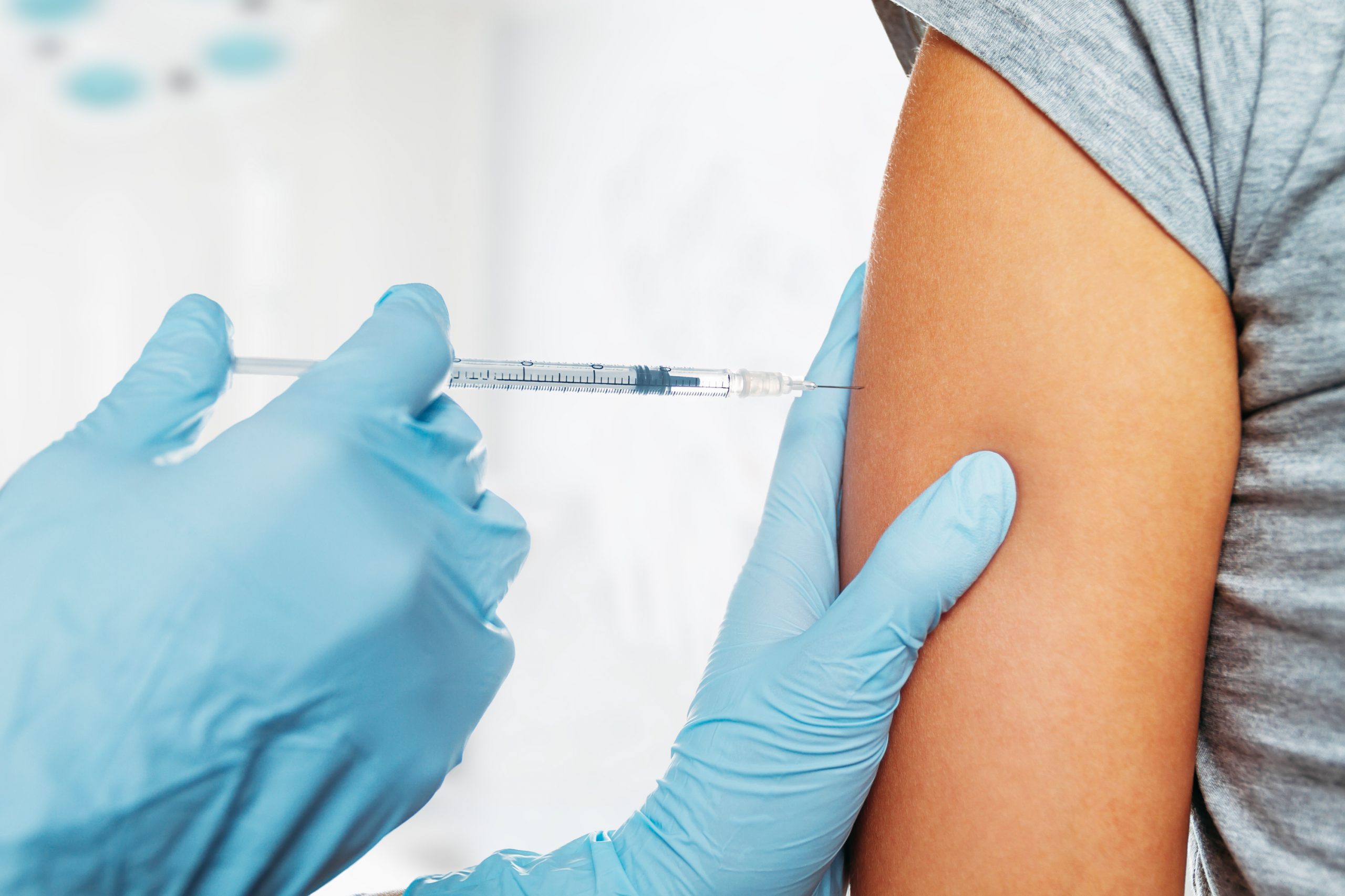
12 Jul AIGHD and IAS hold Global Health Meeting: Vaccines against infectious diseases of global importance
The Amsterdam Institute for Global Health and Development, in conjunction with the Institute for Advance Studies, held a meeting on 1 July to discuss the importance of generating vaccines against infectious diseases from a variety of interdisciplinary perspectives. Attendees heard from experts in virology, law, sociology, and health and life sciences. The speakers included Frank Cobelens from AIGHD, Marit van Gils Amsterdam UMC, Anniek de Ruijter UvA, Linda van de Burgwal VU, and Patrick Brown UvA.
There is an immense need to accelerate the development of effective vaccines against infectious diseases of global importance, including HIV/AIDS, tuberculosis, pandemic influenza, and bacterial infections. Constructing effective vaccines comes with several challenges: it requires new directions in vaccine discovery, clinical development is hampered by a lack of interest from industry, and the conditions needed for these vaccines to achieve health impact are not well defined, including dealing with vaccine hesitancy and achieving global equitable access.
These challenges bring about important scientific questions for the key research areas in clinical development, financing and regulation, and health impact, to name a few. These research areas have largely been siloed. However, to successfully develop vaccines against infectious diseases of global importance and implement them in an effective, equitable, and efficient way, it’s pertinent that multiple research fields join forces. The impact of a vaccine is determined by many features: its immunological properties and effectiveness, its ease of delivery, the regulation and financing of the vaccine in different settings, and the access mechanisms to bring the vaccine to people who need it most.
Therefore, clinical and public health needs should drive clinical vaccine development. Vaccine uptake will depend on the vaccine’s properties as well as on decisions or obligations of the developers to market the product, and public trust in the underlying science and the regulatory gatekeepers. Moreover, the large-scale non-commercial funding required to reach some of the neediest populations will be driven by expectations about the vaccine’s health impact, the priorities of public and philanthropic donors, and the developers’ legal obligations and sense of social responsibility. These and other interdependencies call for reaching beyond our silos by using multi-, inter-, or transdisciplinary approaches that bring together basic biomedical sciences, epidemiology, social and behavioral sciences, economics, and law.
In the meeting on global vaccines, we identified key areas for joint research. Speakers explained the long and difficult journey from research and clinical trials to health impact and evaluation. By bringing together different scientific disciplines, AIGHD envisages exploring opportunities for collaboration among the medical, social science, health economics, and legal fields to work on vaccine innovation from start to finish.
